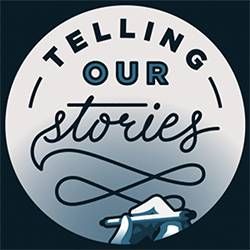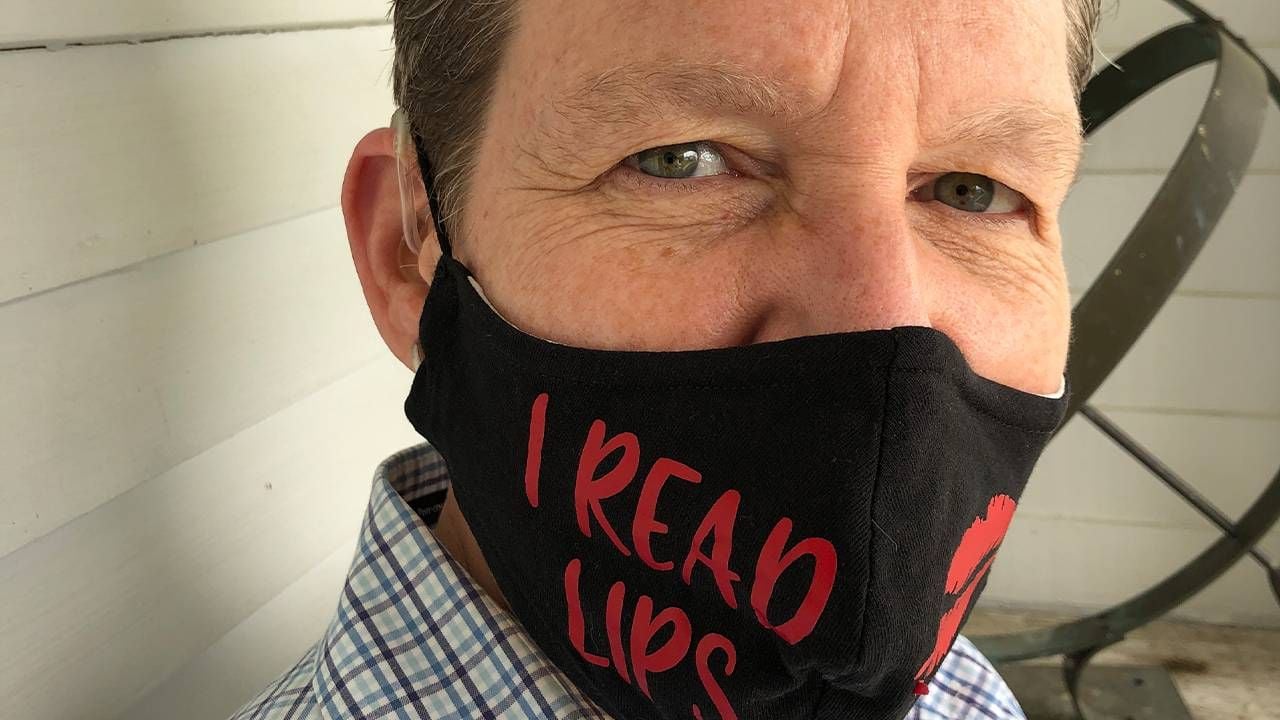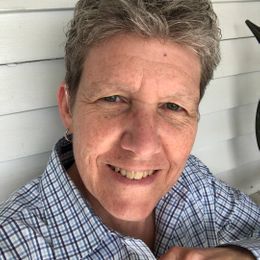Navigating the Pandemic with Hearing Loss
As a lip reader, masks impact her ability to understand the hearing world

Editor’s note: This essay is part of Telling Our Stories: Reflections on the Pandemic. We invited readers to share their experiences of the past year, and selected 12 essays for publication on Next Avenue. The full collection is available here.
Many years ago, my parents discovered my hearing loss as I was about to enter kindergarten. I was given a hearing aid, speech therapy and learned to read lips.
Throughout the years, I strained to listen and struggled to hear. I graduated from college and pursued various jobs which all required hearing and understanding the spoken word.

Fifty years later, I find myself thrown into a world where I fight to exist. In March of 2020, my world went downhill. Fast. The entire population suddenly became cut off to me simply because of the facial coverings. I could no longer understand the hearing world. I was completely taken by surprise, not only by the new virus affecting everyone, but by my inability to function.
The hearing aid is simply a tool, an "aid," to help hear. However, I relied heavily on the aid and lip reading to function in society. When I could not lip read and sound was muffled, I felt helpless and defeated. I was lost.
I retreated. I tried to find work online from home where I wouldn't have to interact with the hearing world or struggle to listen.
When I could not lip read and sound was muffled, I felt helpless and defeated. I was lost.
Online video conferencing was a nightmare without captions. I fought "listening fatigue." I avoided people so I wouldn't have to listen to them for fear I'd have to respond.
My family and I helped educate a major hospital medical group in the use of face shields and clear masks by advocating for their use with the lipreading and hearing-impaired community. This fostered understanding that people with hearing impairments were now an underserved population that never existed prior to the face-covering requirements.
Interpreters are not needed, because sign language is not used. The masks created a barrier to care that didn't exist before. Medical practices now have face shields and masks to help people in the same situations.
There are apps for smartphones that will translate talk to text, yet they are not instant and they are not accurate. Technology is changing and can be adapted to the needs of the hard of hearing and the deaf.
Still today, even with a mask that says: "I Read Lips," people do not understand. I am not completely deaf. I never learned sign language. I am hard of hearing. Clear face masks fog, so some people have worn face shields to help me see their lips and that has been a lifesaver. Some people simply lower their mask to talk to me.
It is extremely tiring for people like me who continue to struggle with trying to understand what someone is saying behind a face mask. We all need to take time, slow down and listen to each other. Really listen. We need to make an effort to understand. We learn to rely on things too heavily and struggle to adapt when they're gone. Sometimes, we just need to find better ways.

Heidi Whiskeyman Carles, 55, who lives in Bernville, Pennsylvania, was born and raised in the state, and loves spending time with her family, in a cabin, on a lake, or in the woods. She enjoys writing, camping, traveling, and antiques. She is currently a credentialed professional estate liquidator for a specialty moving company, helping people decide how best to sell the contents of their homes.
Read More

